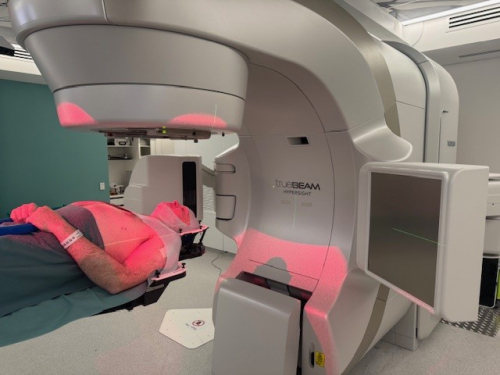Lockdown impacts on women’s mental health

Victoria’s COVID-19 lockdown measures have taken their toll on everyone, but it’s women who are struggling most.
Monash Alfred Psychiatry research centre director professor Jayashri Kulkarni said that while many people were struggling with the restrictions, there was a particularly large spike in women seeking help for a wide range of reasons.
“The data strongly shows that women of all ages – middle aged, older, younger women – are struggling more with depression, anxiety and post-traumatic stress disorder due to the impacts of COVID-19,” Professor Kulkarni said.
“What we’re seeing is a spike in what I call the ‘middle group’ of women requesting help.
“By middle group there has been increased resourcing of Lifeline, those kind of super emergency call services, public mental health clinics, home based services, and assessment services.
“It’s largely people who don’t need emergency assistance but have growing anxiety or depression.”
She said the reasons the reasons as to why the lockdown is impacting women heavily are varied.
“A lot of the casualized workforce, for example in retail are women, and there’s that middle group of women with children at home when they’d usually be at school, so they have the added pressure of that on top of everything else.
“There’s also the isolation from friends, family and support networks that women and young mums in particular rely on.”
While times are tough, Professor Kulkarni said mental health issues, particularly during these times, aren’t unusual in women or men.
But identifying the signs before things spiral is vital.
“It helps to build recognition of symptoms of anxiety and depression,” she said.
“Anxiety and depression impair our capacity to function and our quality of life.
“It largely impacts two domains – work and love – and brings about a lack on enjoyment in usual pursuits.”
“We often use suicide rates as a way of measuring mental health, which is a terrible way of doing it, it’s about quality of life as much as anything.”
If you think you may be experiencing mental health issues, Professor Kulkarni said the best thing to do is see your GP.
“A lot of people wonder at what point they need to seek help and to what extend that help will need to go, whether that be medication, a referral or a different option.
“The best starting point would be to see your GP, who will be able to determine these things and provide a pathway forward.”
“For more urgent needs there are emergency assistance services such as Lifeline or the emergency department.”
If you require urgent support call Lifeline on 13 11 14


